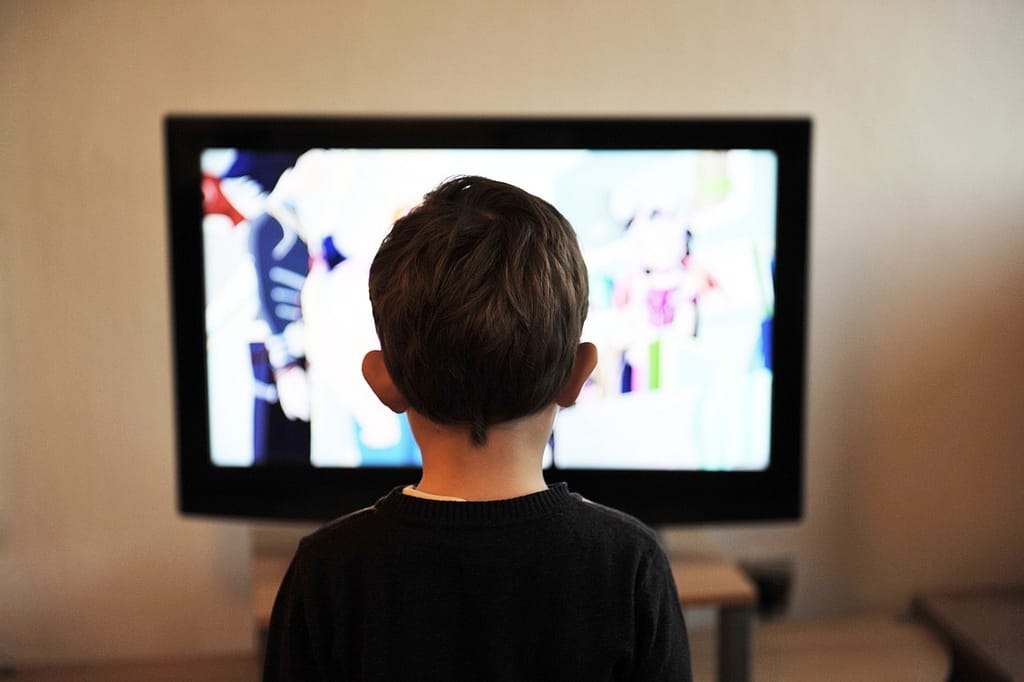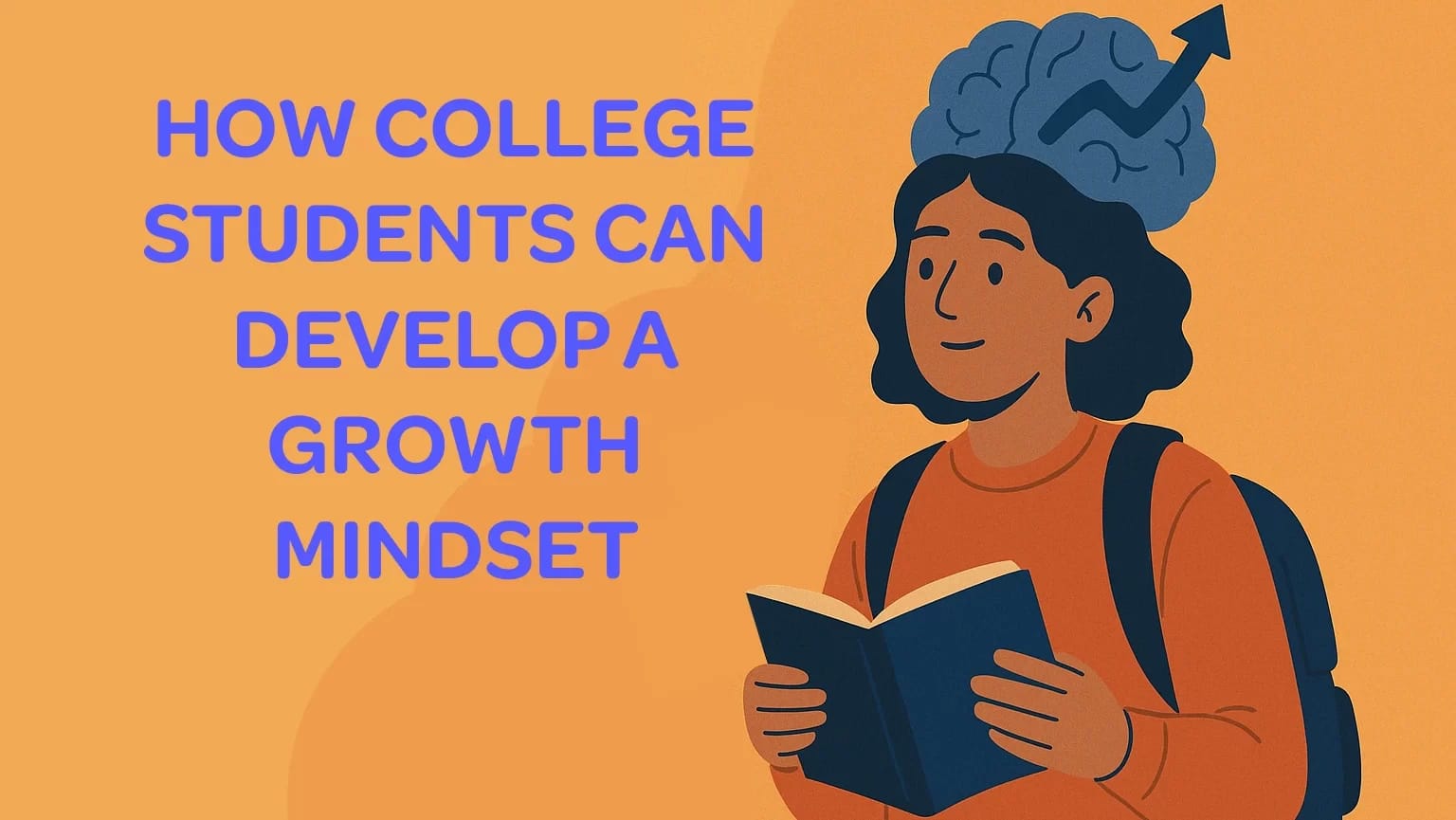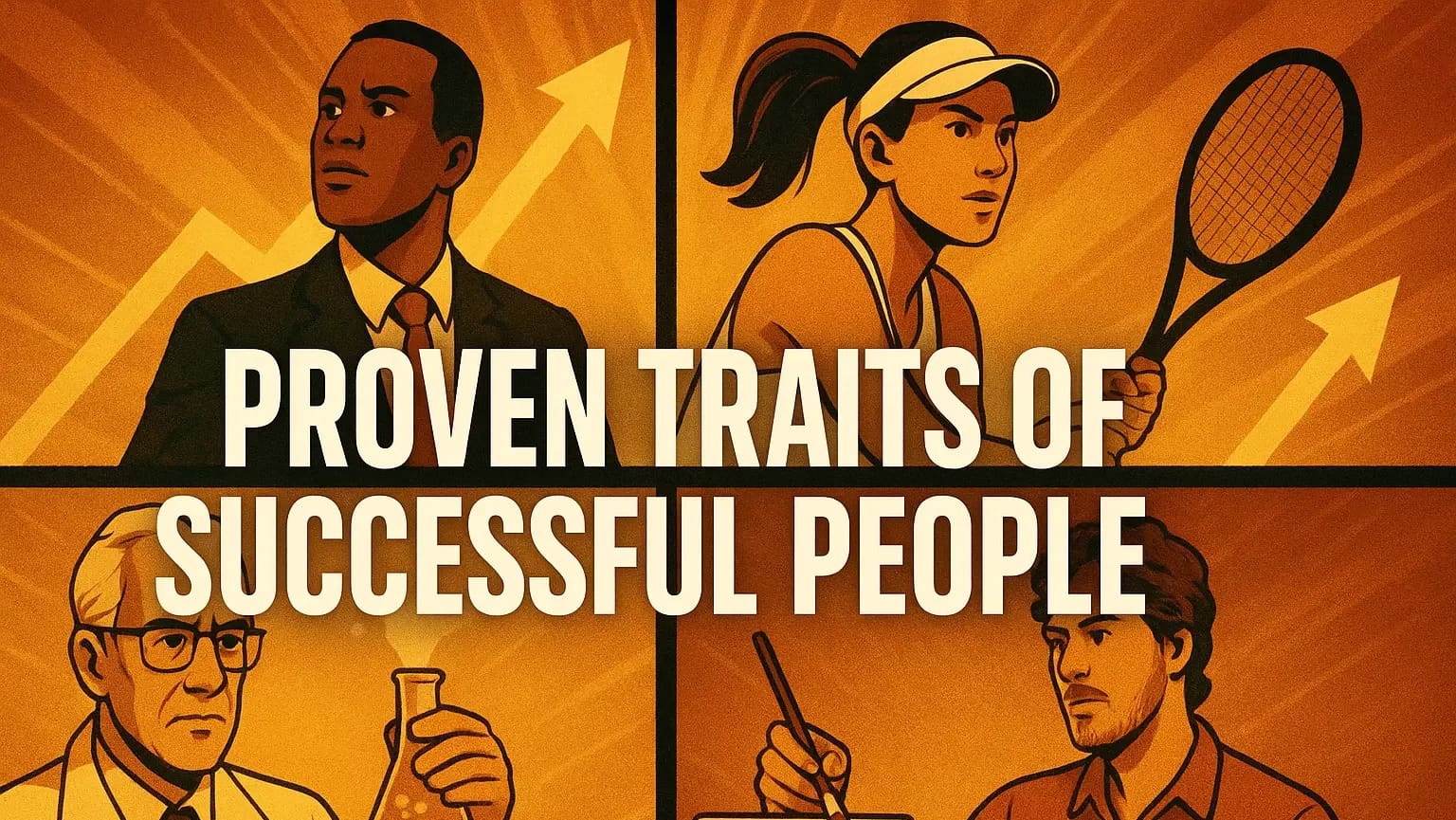On the Billboard Hot 100, a chart showcasing the most listened-to songs, any song, regardless of the genre, meaning of song, or music artist, can make the list. One song that’s gaining plenty of attention is “Like That” by Future, Metro Boomin, and Kendrick Lamar.
In the chorus of the song, Future raps:
“Young dope dealer, sellin’ dope, is you like that?
Kickin’ doors, kickin’ in doors, is you like that?
Young throwed n****, sellin’ loads, is you like that?”
When listening for the first time, the song is catchy, but when you take the time to look at its lyrics, you’ll realize you wouldn’t want to be screaming the lyrics when your boss is around. Millions of people have listened to this song, so instead of promoting drugs, sex, and money, what if the song promoted happiness, peace, and unity?
The media we feed ourselves, including movies, social media, and music, shapes our attitudes, behaviors, and ideologies. If we’re not careful, the media can manipulate us in speakable ways we didn’t know possible.

The media encompasses various forms, but today, we’ll be diving specifically into the world of music and the potential consequences of consuming too much of it.
1. Leads to identity crises in teens
Researchers from the James School of Medicine in the Netherlands state that the brain’s prefrontal cortex, responsible for judgment and thinking, doesn’t reach its peak development until age 25.
In essence, younger adults will be more influenced by the media they consume, including music, movies, and social media, because their brains haven’t fully developed their ability to judge right from wrong. As most teens begin discovering their identity, the music artists they look up to can shape who they aspire to become, their values, and the life they find appealing.

For example, a young teenage male rap connoisseur might think the road to happiness is accumulating money, women, and expensive cars because of its portrayal in the music he consumes.
When you’re young, gullible, and hungry to “fit in,” following the same trends as everyone else becomes habitual. When they see their peers acting as fake gangsters, they’ll want to do the same. This gangster lifestyle they’re imitating stems from the rap music they consume daily. They’ll put on this fake mask, pretending to be somebody they’re not for the validation of their peers and because it’s what makes them “cool.”
2. Can become extremely addictive
Any activity we find pleasure in—smoking, sex, gambling, and gaming—is capable of becoming an addiction because of a neurotransmitter produced in the brain known as dopamine. We need it to survive, but too much of it can lead to destructive habits that derail our lives over time.
Music is like drugs, although drugs are more extreme. Both derive pleasure and provide a temporary escape from the major stressors of our daily lives, causing us to crave more of it.

Our music addiction can lead us to believe that our lives are non-functional without music, which can assuringly become overwhelming. It’ll keep the headphones glued to our heads, restlessly occupying our minds with music throughout the day—while walking to class, waiting for the bus, eating, and talking to others.
For healthy forms of dopamine, we should rely on, read here.
3. Can become a distraction
A 2017 research article wrote, “When learning with background music, the learners have to divide their attention between the learning task and the music. Thus, they have to invest cognitive resources to process the background music in addition to the learning task, as auditive information always gets processed first.”

Our innate human ability not to be great multitaskers indicates music can distract us and knock us out of a flow state, especially while engaging in tasks that require intense focus. Music can speed up time and help make a tedious task less boring, but this comes at the expense of your focus. That task will then become longer to complete because you’re constantly shifting in and out of a state of focus.
Furthermore, some of the most brilliant ideas and inventions occurred when the mind wandered. By occupying our minds with music, we hinder their ability to reflect, think critically, and express themselves. So, when have you walked outside without headphones in and truly appreciated the beauty of your life as it unfolds?
4. Promotes degeneracy
While our circle of friends influences who we’ll become, so does the media we consume. The music, movies, and social media content we engage with daily shape our values, beliefs, and practices over time because of the nonviable information we’re feeding ourselves.
Every song we listen to is composed of words, which combine to form lyrics. These lyrics are then stacked against each other to create messages that are either meaningful or meaningless. We can listen to songs without paying attention to their lyrics, but this doesn’t mean they won’t get stuck in our heads. As a result, we should take the time to recognize the messages these songs are promoting and determine whether ruminating on them uplifts our spirit.

The music industry most notorious for promoting unworthy messages consisting of the glorification of criminal activity, gang violence, sex, and drugs is none other than the rap industry. The more views these songs accumulate, the more praise they receive, prompting the artist to continue producing this music.
We can observe the cause-and-effect relationship between rap music and the rise in degeneracy on a smaller scale. As rappers continue to brag about how many rappers they’ve slept with, young men start to adopt the notion that sleeping with plenty of women makes you “cool.” Some other ways rap music is leading to a rising degenerate society include:

5. Potential hearing problems
The National Council on Aging (NOCA) wrote, “Sounds below 70 decibels are safe, while sounds above 70 decibels are harmful.”
Our modern society considers earphones a top necessity: plug in both earphones, blast your favorite music, and all the slow-unamusing parts of your days—walking to class, being in class, and waiting in line—will speed up.

However, with earphones capable of reaching up to 100 decibels, we might have been putting ourselves at risk of hearing loss without even realizing it. The more we listen to music, the more we expose ourselves to the loud frequencies generated by music, which weakens our hearing over time.
Music can be less harmful to our ears if we’re listening at a safe volume, but rarely do we ever pay attention to the volume we’re listening at. We’re more focused on the melodic tone of our favorite songs than the potential hearing loss we’re subjecting ourselves to. In addition, we might’ve been turning up the volume whenever we returned to our favorite song without realizing it.
6. Decrease in self-awareness
Let me tell you something you don’t want to hear: every time you step outside your door, you put yourself at risk of injury or harm.
Walking outside with both ears plugged in with music is like driving blindfolded. Although you’re more likely to get hurt driving blindfolded, you still put yourselves at risk of danger when you walk from point A to point B without auditory awareness. From fast-moving cars to people with evil intentions, we should always be aware of our surroundings because we never know when our hearing will one day save us.

While music impairs our ability to sense our physical surroundings, we might also not realize how much we depend on music. Whenever we’re feeling down, music serves as a great coping mechanism to uplift our mood; however, this could cause us to become overly dependent on music to save us during difficult seasons.
If the cause of our emotional turmoil is more severe, such as losing our jobs, music helps us feel better. However, this is only a temporary solution to an everlasting problem. Even after we turn off the music, we will continue feeling stressed because the root cause of our stress still exists. To effectively address our stress, we must take action instead of relying on temporary solutions that only provide short-term relief.
Conclusion
Listening to music has pros: it reduces stress, is a great conversation starter, and elevates the mood of any room. However, music also has its cons: it can be distracting, reshape the values that matter most to us, and cause us to pedestalize the wrong people, places, or things.
Listening to music won’t be detrimental to our physical or mental health. But we should still recognize the potential consequences of listening to music, especially if we’re daily listeners. Music can interfere with our daily lives in ways we couldn’t imagine, so we should be mindful and take periodic breaks to allow our minds to roam free.
Are there any negative consequences you’ve experienced from listening to too much music?


